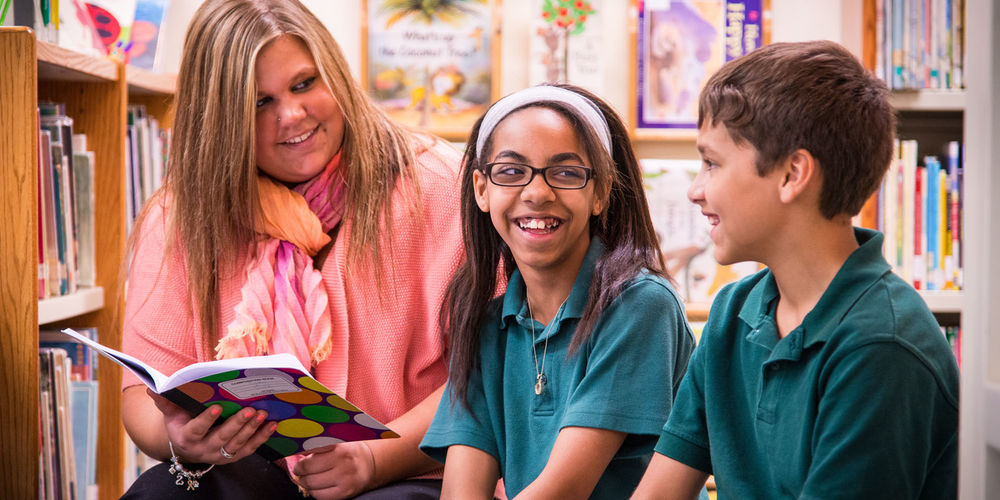
As adults, we tend to think we know what’s best for kids. We’ve been there, done that. And we know how to handle bullies.
Or do we?
Few escape high school unscathed by the effects of some type of bullying. Many carry bully baggage into adulthood, sporting emotional scars made worse by well-meaning adults who advised, “just ignore it and they’ll leave you alone.”
Ignoring it didn’t work then and it doesn’t work now.
That’s a fact backed up by three years of research conducted by Dr. Charisse Nixon, associate professor of psychology, and her Maine-based colleague, author and bullying expert, Stan Davis, for their Youth Voice Project, the first large-scale effort to ask kids which prevention and intervention methods are actually helpful. Their survey of 13,000 fifth- through twelfth-graders across the country reveals that ignoring bullying often only makes it worse.
Armed with that knowledge, Nixon and three Psychology majors—Kimberly Cook, Alyson Eagle, and Jennifer Slane—started a mentoring program at several Erie area schools where undergraduate psychology students are teaching youth (and educators) effective strategies to reduce peer mistreatment.
“The mentoring is a vehicle to change young people’s attitudes and behaviors based upon the data,” Nixon said. “It’s practice based on solid research.”
It’s also a valuable hands-on learning experience for Behrend psychology students who, this spring, under the supervision of Nixon and Erie Day School principal Dr. Karen Tyler, spent an hour a week for six weeks with students at EDS engaging them in activities designed to help classmates develop mutual respect, openness, empathy, and teamwork skills—the building blocks for a kinder generation.
“We focus on teaching these traits because then the children can work together and get to know one another,” Eagle said. “Familiarity breeds kindness and empathy; kids are less likely to mistreat someone they know well.”
“The sensitive conversations, role playing, and collaborative interactions better equipped our students to support one another and make positive choices when coping with both verbal and nonverbal peer aggressors,” said Tyler.
Eagle, Cook, and Slane graduated in May but trained several Penn State Behrend students to continue their work this fall. Nixon hopes to expand the mentoring program into other schools.
“We’re not trying to stop bullying, but change the whole culture around it,” Nixon said.
A lofty goal? Perhaps, but she isn’t daunted. “We’ll just take it one child, one class, one school at a time,” she said with a smile.
To learn more and read about the results of Nixon’s study, visit YouthVoiceProject.com.